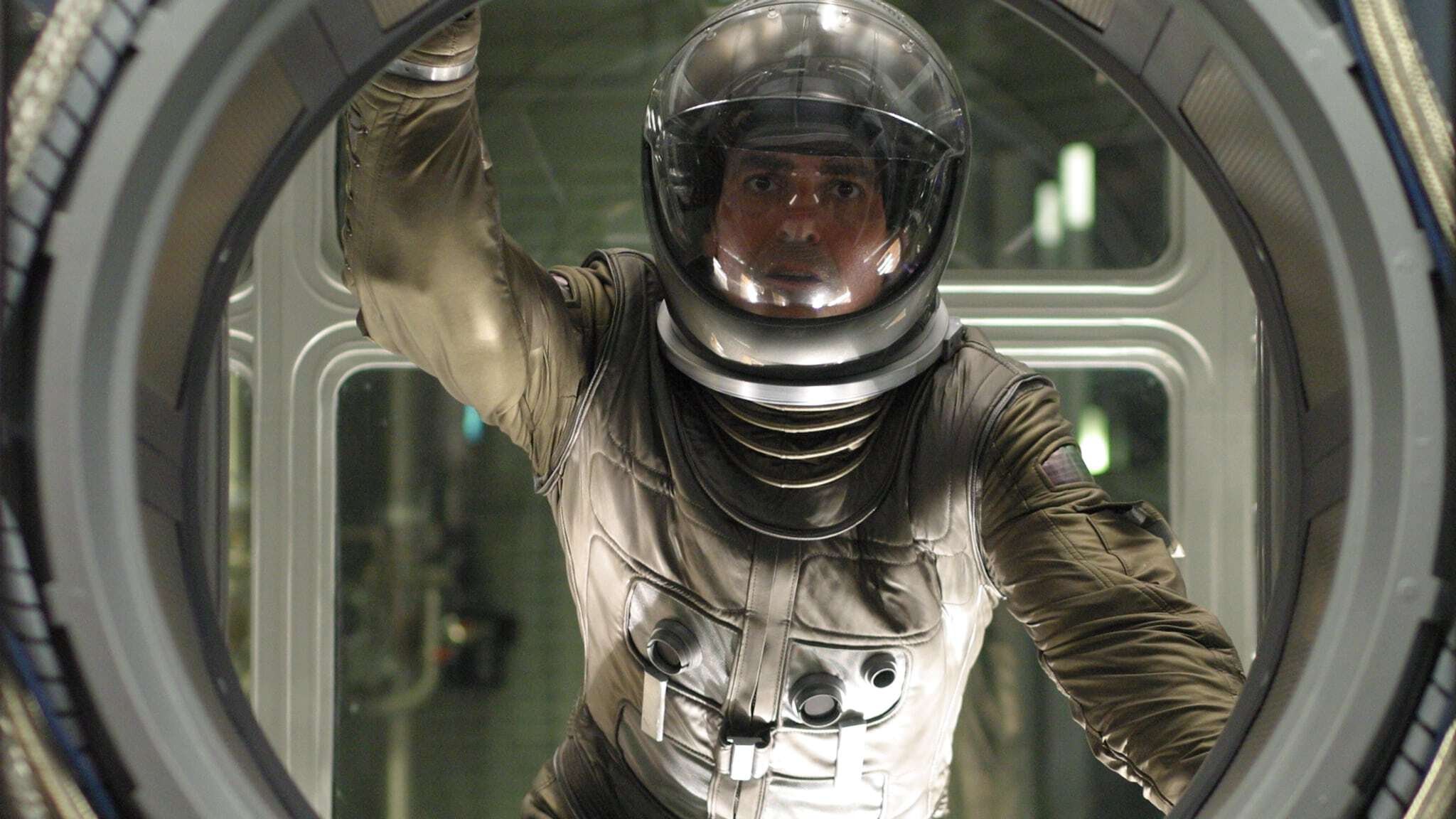SOLARIS at Twenty
In November 2002, my mother and I sat in a small theatre in south Florida and took in the new Steven Soderbergh film. I can still recall as the beautifully minimalist end titles came up we both looked at each other and said “I didn’t like that.” My mother was a huge fan of George Clooney and Soderbergh was arguably at the height of his influence in my life, coming off of OUT OF SIGHT, THE LIMEY, ERIN BROCKOVICH, TRAFFIC, and OCEAN’S ELEVEN…we thought we were in for a good time at the movies, but that’s not what either of us experienced that day.
I’m not sure in the 20 years since we saw the film that we have ever talked about it again but speaking for myself—I feel very differently about SOLARIS today.
Time has a funny way of changing your opinions. The art remains the same, but you yourself change. You mature (or not), your tastes change, your aesthetic likes change, your eyes widen or narrow, and you’re able to feel that work in a different way. I can recall Soderbergh on the audio commentary mentioning that if you’re not into the film in the first 10 minutes, you may as well leave. I wasn’t ready for the film in 2002 but I stayed in the theatre. I thought it was slow as molasses, I couldn’t “key in” to its pace, and some aspects were abstracted in such a way that I didn’t understand a good chunk of the story presented before me.
All films work with a cinematic grammar; a language used to talk to the audience. Some films will simply glance, others will explicitly show. Some will do a combination of both. There’s no right or wrong way to go about it, just different ways of communicating the same information. Sometimes a film can unlock itself slowly, as you yourself come to the film. The shape and the pace might be unfamiliar at first, but as films are essentially time loops that we can experience again and again and again, we can hop on with ease or extreme difficulty depending on where we are at that point in time. SOLARIS’s grammar is sophisticated and assumes a level of understanding that general audiences might not latch onto at first but as I was drawn to the film again and again, I was able to see how Soderbergh plays with time and fantasy, dream and reality, Solaris and earth, and I was able to finally “key in” to the film and its story, pick up on the rhythm of its pace, and feel the melancholy of its themes wrapped in genre.
Soderbergh’s SOLARIS is beautifully minimalist. It allows you the time to feel awe and grief, and it’s a somber film tinged with existential regret. Unlike the 1972 adaptation of Stanislav Lem’s novel (which runs 172 minutes and is absolutely wonderful in its own right) the 2002 adaptation runs a trim 98 minutes. It’s a quiet film: its first moments begin with the sounds of rain and metal and jets, establishing a future without going heavy on effects, the film relies on atmosphere and a spare, specific production design. It’s science fiction at its absolute height. A film filled with emotion and ideas, explored in a future extrapolated from its time of creation.
With twenty years of hindsight and a number of repeat viewings I now consider the film to be one of my absolute favorites, not only of the science fiction genre but of the form overall. At its core, SOLARIS is a film about second chances. I'm glad I was able to have a second chance with it. On its 20th anniversary, might you give it a second chance too?


